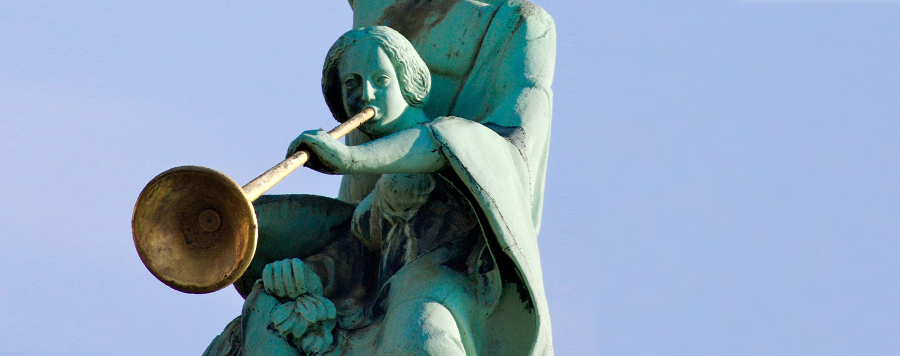
News
___________________________________________
Please note:
For more up-to-date news about the LIB, please visit the new parent institute website as of 1/7/2021.
[read LIB news, german version]
___________________________________________
The Leibniz Institute for the Analysis of Biodiversity Change
is a research museum of the Leibniz Association
